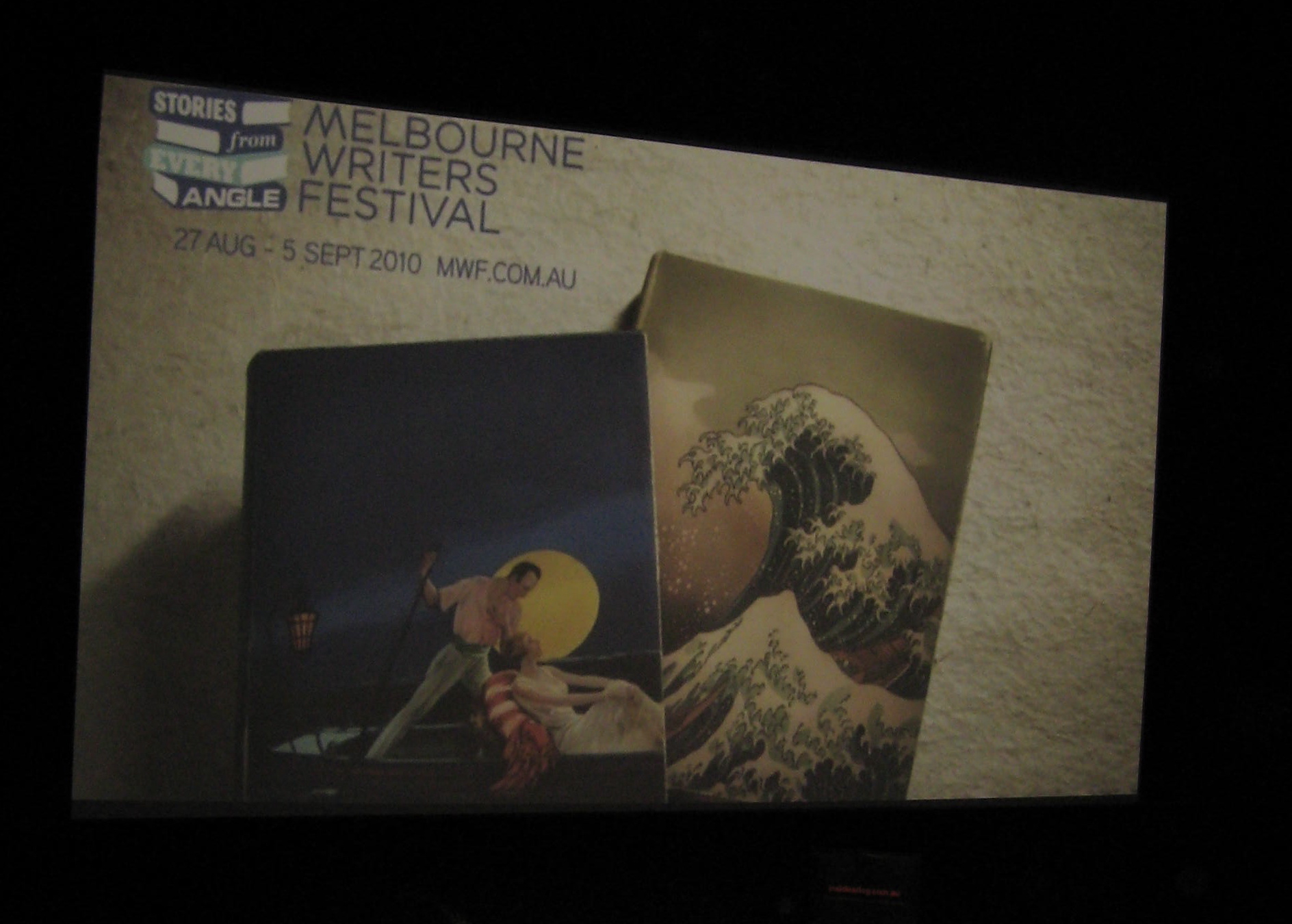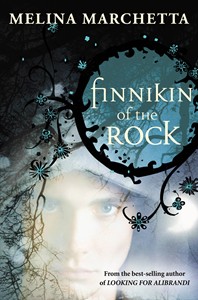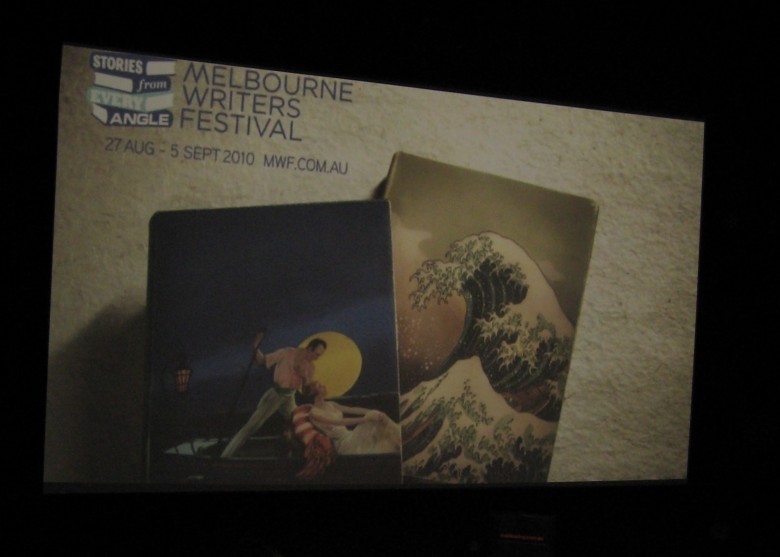Writers and words . . .
This week I attended some sessions of the Melbourne Writers’ Festival.
“In its 25th year, Melbourne Writers Festival is a nationally and internationally-acclaimed festival featuring over 350 writers from around the world and more than 300 events.
The festival program features an enormous range of literary activity including entertaining discussions, debates, readings, film screenings, interviews, literary banquets, performances, workshops and book launches, as well as a lively schools’ program for primary and secondary students.” (MWF publicity)
Being from interstate and not wishing to stay long in the big smoke (Oh, I am such a small-town gal), I was very assiduous in my choosings. I opted for things to do with fantasy, as well as the more generalised craft of writing. I was looking for a number of things:
- Mainstream writers comments on their style, technique of writing.
- Mainstream fantasy writers’ creation of their worlds.
- How highly publicised and successful writers actually managed to communicate.
- What a large scale festival was really like.
Taking number four first, I would have to say that I have learned as much or more from online sites like from YouWriteOn.com which holds a place very close to my heart, from Writer Unboxed and their superlative stable of contributors, and also from people like Nathan Bransford and Rachael Gardner. And last because they are the most important and deserve the reference: Cornerstones Literary Consultancy in London without whom I would know nothing.
Book displays and releases seemed no better at the Festival than those in bricks and mortar stores and in actual fact I’d venture to say the bricks and mortar stores are better.
The comments from writers that I jotted down were quite interesting. For example: Merlina Marchetta who wrote Finnikin of the Rock,  said that whenever she writes a new novel, she always says to herself: ‘Even if this is the last book I ever write, I really want THIS one published.’
said that whenever she writes a new novel, she always says to herself: ‘Even if this is the last book I ever write, I really want THIS one published.’
In respect of worlds, she said “ When you write, you are in love with that world, the world you are writing about.’ She also said how hard it is to write an acceptable fantasy world when one lives deep in a busy metropolis. She seemed to imply that there is no empathy around you and you must get out to whatever culture your story is based on. In her case she is writing the second Finnikin and the area is akin to Turkey. She has no experience of that sort of culture so she is leaving for Turkey in about three weeks. (It’s why I love my travel journals. I dig them out constantly, to refresh the sights, smells and sounds.)
In respect of characterisation, she said: ‘I have to wait for a character to come calling.’ She then listens to the characters’ conversations and interactions in her head, building a vast and detailed relationship with them, so that by the time they are written, they have a solidity about them. I like that. It implies such detail and forethought, and of course nothing less should happen if a character is going to be believable.
The authors who spoke on world creation took a slightly different tack. They were Kate Forsyth and Ben Chandler: highly praised Australian YA fantasy authors. They both commented on the need and love of creating worlds directly out of the imagination. Although Ben ameliorated such a black and white statement by saying that there is room for the imaginative and the critical (ie researched) side in creating worlds.
Both authors had no affinity with quasi-medieval fantasy and in fact Kate Forsyth said that to her, it rings hollow. It was at that point they lost my interest, because as a reader I love quasi-medieval fantasy. They recovered lost ground by admitting there’s a place for that sort of fantasy but then they disappeared off on a tangent and I left the lecture.
As to the ability of the writers to communicate with their public: mostly they were good. The sessions were run as an interview situation and I thought it was a shame the interviewers were reading their questions from a pre-determined sheet rather than running with what was coming out of the authors’ mouths. The spontaneity would have been much greater, as would have been the chance to hear some pure gold on writing.
One comment that rang in my ears and still resonates is the one that I’ll finish this post with. Merlina Marchetta said ‘If more than one editor in a publishing house has read your manuscript, there has to be something there that you can’t let go.’ And I thought that comment, above all others, is the one that all writers should pin above their computers to give hope for their creative future.


I’ve never heard of Merlina Marchetta, but I’m very intrigued that her book is taking place in Turkey. The thing is, she is right, Turkey has a very unique, authentic culture that you have to live to learn…
Thank you for sharing your experience Prue, this was very helpful.
“‘If more than one editor in a publishing house has read your manuscript, there has to be something there that you can’t let go.”
I’ll keep this on my mind 🙂
Finnikin of the Rock is an unusual fantasy inspired by refugee camps and the displacement such people feel. I really enjoyed it because it was so different to the average fantasy and was really character driven. Also Merlina came at it with fresh eyes because she normally writes highly contemporary YA fiction. A movie was made for her first book and she’s been contracted to write the screenplay from another book. How’s that for success. Given how young she is!
I think the reference to Turkey may be more of a socio/geographic thing requiring Merlina to move out from the big cities and into the Turkey that is redolent of thousands of years of culture. If I remember Finnikin right, there is a country in her created world that could ‘be’ like Turkey.